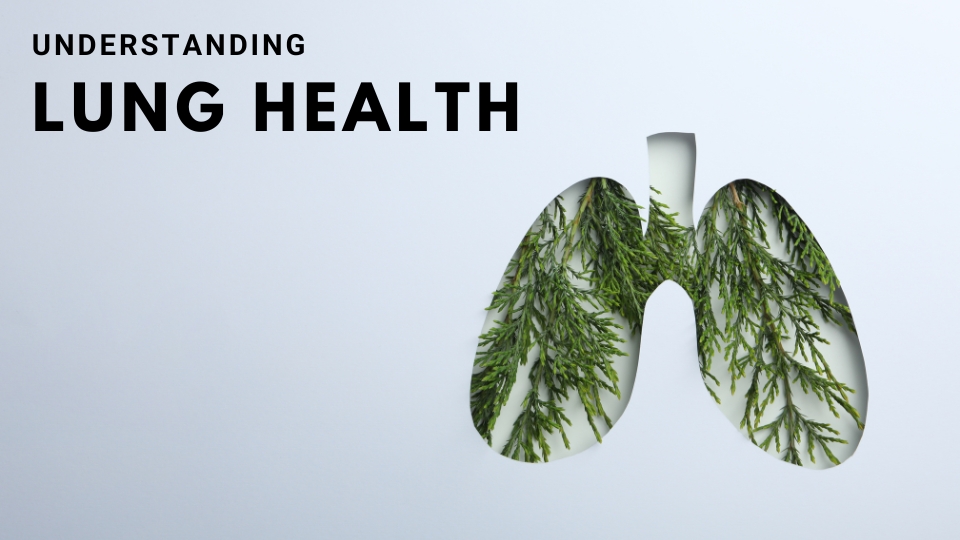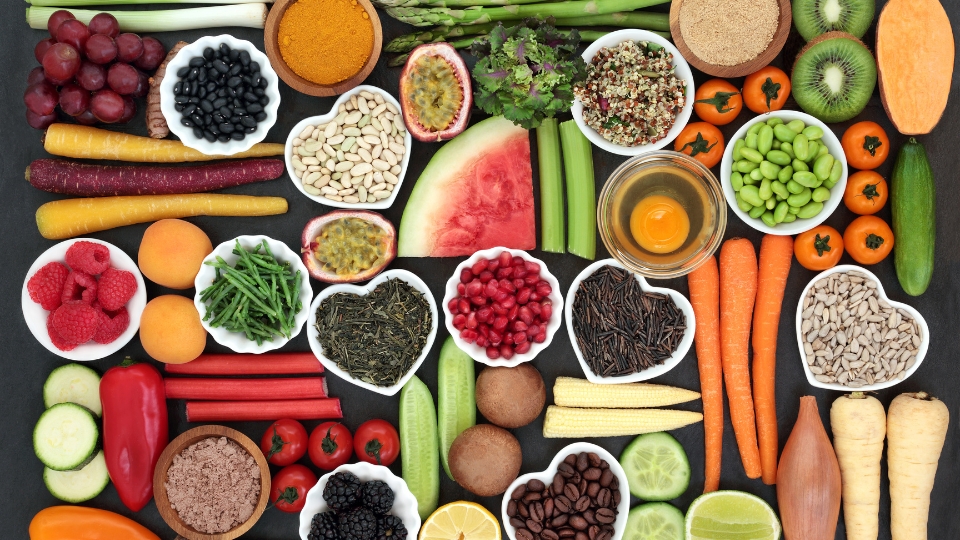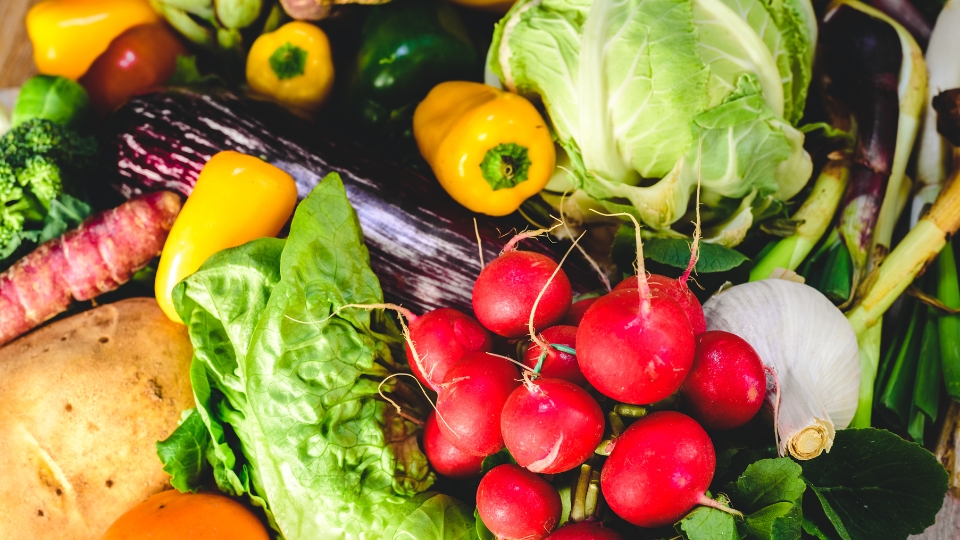Spinach and broccoli are two of the best vegetables for lungs health because they contain antioxidants and vitamins essential to lung health.
Regularly including them in your diet can improve your respiratory health and support lung function. The lungs are crucial to our overall well-being as vital organs for breathing. Maintaining lung health can reduce the risk of respiratory diseases and improve your quality of life.
We will explore the best vegetables for promoting lung health and how they benefit your respiratory system. Whether you want to prevent lung issues or support healing, incorporating these vegetables into your diet can make a significant difference. So, let’s delve into the top vegetables that can boost your lung health and contribute to a healthier, happier life.
At First Understanding Lung Health
Did you know that maintaining healthy lungs is crucial for overall well-being? Your lungs play a vital role in supplying oxygen to the body and removing carbon dioxide, ultimately supporting proper organ function and immune health.
Adopting healthy habits and consuming nutrient-rich foods that promote respiratory health is essential to ensuring optimal lung function.

Various factors, such as smoking, pollution, respiratory infections, and genetics, can contribute to lung health issues. Conditions like asthma, chronic obstructive pulmonary disease (COPD), and lung cancer can significantly impact quality of life.
By understanding these common lung health issues, individuals can safeguard their respiratory well-being through preventative measures and lifestyle modifications.
Nutrition plays a critical role in supporting lung health. Eating various nutrient-dense vegetables can provide essential vitamins, minerals, and antioxidants that combat oxidative stress and lung inflammation. Incorporating the best vegetables for lung health into your diet can reduce respiratory ailments and promote overall lung function.
Best Vegetables For Lung Health
Eating a diet rich in nutrient-dense vegetables is crucial for maintaining healthy lungs. Certain vegetables are particularly beneficial for lung health, as they are packed with antioxidants, vitamins, and minerals that can help support respiratory function and reduce the risk of lung-related diseases.
Incorporating these best vegetables for lung health into your diet can improve respiratory well-being.

Cruciferous Vegetables
Cruciferous vegetables are excellent choices for promoting lung health due to their high levels of vitamin C, which acts as a powerful antioxidant in the body.
These vegetables, including broccoli, cauliflower, kale, and Brussels sprouts, also contain compounds like sulforaphane that have been shown to help reduce inflammation and support lung tissue. They are also fiber-rich, aiding digestive health and indirectly benefiting lung function.
Leafy Greens
Leafy greens like spinach, kale, and collard greens are rich in essential nutrients like vitamins A, C, and magnesium. These nutrients are all beneficial for lung health.
These vegetables also contain antioxidants like beta-carotene and quercetin, which have anti-inflammatory properties and can help protect lung tissue from damage caused by free radicals. Their high fiber content also supports respiratory and digestive health.
Bell Peppers
Bell peppers are high in vitamin C and beta-carotene, essential for maintaining lung health. Bell pepper antioxidants reduce the risk of respiratory infections and protect lung cells from oxidative stress.
Additionally, bell peppers are an excellent source of vitamin E, which is known for its role in supporting lung function and reducing inflammation.
Carrots
Carrots are high in beta-carotene, a precursor to vitamin A, which is essential for healthy lung tissue. Beta-carotene’s antioxidant properties can help reduce the risk of lung diseases and support overall respiratory health.
Consuming carrots regularly can improve lung function and reduce inflammation.
Garlic And Onions
Garlic and onions contain sulfur compounds linked to lung health benefits. These compounds can help reduce inflammation and lower lung cancer risk. Both garlic and onions also have antimicrobial properties that can help protect the respiratory system from infections.
Nutrients For Lung Health
Consuming vegetables packed with essential nutrients can significantly maintain healthy lung function. These nutrients, including antioxidants, vitamins C, E, and beta-carotene, protect the lungs from oxidative stress and potential damage.

Antioxidants
Antioxidants are essential for lung health as they combat free radicals that can cause harm to delicate lung tissues. Incorporating antioxidant-rich vegetables into your diet can help reduce inflammation and support overall lung function.
Some antioxidant-rich vegetables include:
- Spinach
- Kale
- Brussels sprouts
- Broccoli
Vitamin C
Vitamin C is known for its immune-boosting properties and ability to protect the lungs from oxidative stress. Including vegetables high in vitamin C can help maintain lung health.
Some of the best sources of vitamin C-rich vegetables are:
- Bell peppers
- Tomatoes
- Broccoli
- Kale
Vitamin E
Vitamin E is a powerful antioxidant, safeguarding the lungs from damage caused by free radicals. Consuming vegetables high in vitamin E can contribute to lung health.
Some excellent sources of vitamin E-rich vegetables include:
- Spinach
- Swiss chard
- Turnip greens
- Asparagus
Beta-carotene
Beta-carotene, a precursor of vitamin A, is essential for lung health and overall respiratory function. Including vegetables rich in beta-carotene in your diet can support your lungs.
Some vegetables high in beta-carotene are:
- Carrots
- Sweet potatoes
- Butternut squash
- Red bell peppers
By incorporating a variety of these nutrient-rich vegetables into your daily meals, you can significantly contribute to the health and well-being of your lungs.
Incorporating Super Veggies Into Your Diet
Incorporating super veggies into your diet can make a significant difference in keeping your lungs healthy.
These lung-boosting vegetables contain essential nutrients and antioxidants that promote respiratory health and help protect against lung diseases. These powerful veggies to your meals can support your lung function and overall well-being.

Tips For Cooking And Preparing Veggies
When it comes to preparing lung-boosting vegetables, there are several tips to keep in mind to retain their nutrients and maximize their health benefits:
- Opt for steaming or roasting rather than boiling to preserve the nutrient content of the vegetables.
- Include a variety of colorful vegetables in your meals to ensure a diverse range of nutrients and antioxidants.
- Use herbs and spices to enhance the flavor of the veggies without relying on excessive salt or unhealthy condiments.
- Consider incorporating raw vegetables into your diet through salads, wraps, or as a crunchy snack.
Delicious Recipes With Lung-boosting Vegetables
Here are some delicious recipes that emphasize the use of lung-boosting vegetables to promote respiratory health:
- Green Power Smoothie: Blend a combination of kale, spinach, cucumber, and avocado with a splash of coconut water for a refreshing and nutritious smoothie.
- Rainbow Veggie Stir-Fry: Sauté a mix of bell peppers, broccoli, carrots, and snow peas in a light garlic and ginger sauce for a colorful and vibrant stir-fry.
- Roasted Beet and Carrot Salad: Toss roasted beets and carrots with arugula, walnuts, and a zesty lemon vinaigrette for a flavorful and nutrient-packed salad.
Frequently Asked Questions On Best Vegetables For Lungs
What Are The Best Vegetables For Lung Health?
Eating vegetables like broccoli, spinach, and kale can help support lung health. These vegetables are rich in antioxidants, vitamins, and minerals that can protect the lungs from inflammation and oxidative stress. They also contain compounds that may lower the risk of lung diseases.
How Do Vegetables Benefit The Lungs?
Vegetables provide essential nutrients like vitamins A and C and antioxidants like beta-carotene and quercetin. These nutrients support lung function, reduce inflammation, and protect against respiratory infections. Including various vegetables in the diet can help maintain healthy lung function.
Can Vegetables Improve Lung Function?
Yes, vegetables can improve lung function due to their high antioxidant content. Antioxidants help reduce oxidative stress and lung inflammation, enhancing respiratory function. Regular consumption of vegetables, primarily those high in nutrients like vitamin C and beta-carotene, can support overall lung health.
What Are Some Easy Ways To Incorporate Lung-Friendly Vegetables Into My Diet?
Adding vegetables to soups, salads, or smoothies is a simple way to incorporate lung-friendly vegetables into your diet. Roasting or steaming vegetables can also enhance their flavor and nutritional value. Experimenting with different recipes and seasonings can make vegetables more enjoyable and appealing.
Final Word
Incorporating these lung-friendly vegetables into your diet can significantly improve your respiratory health. With their powerful antioxidant and anti-inflammatory properties, these vegetables can help reduce the risk of lung diseases and support overall lung function. Including various vegetables in your daily meals can positively impact your lung health.
Start enjoying the benefits today!
Video Source: https://www.youtube.com/watch?v=pxlB-mHTgm8



